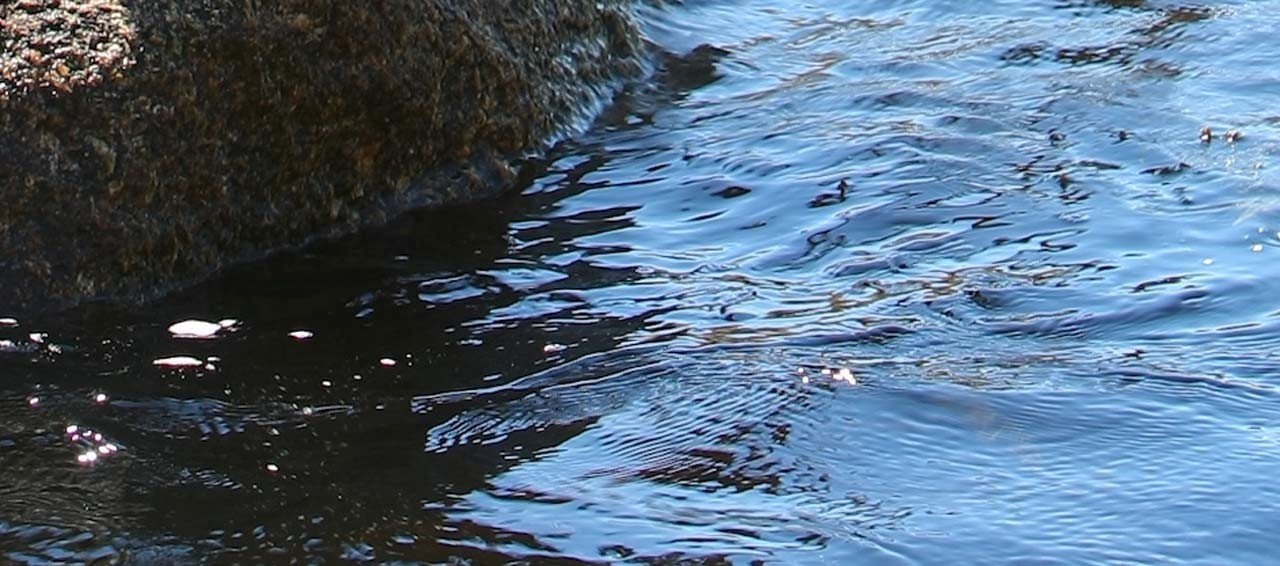Biological Oceanography Group
The Biological Oceanography Group has seven faculty members.
Chris Algar’s group is interested in how microbes mediate the biogeochemical cycling of carbon and nutrients, such as nitrogen, in the marine environment. In particular, they investigate how these microbial ecosystems respond to environmental perturbations, such as global warming, ocean acidification and nutrient loading.
Katja Fennel’s group develops and applies coupled physical-biogeochemical models to advance our understanding of marine ecosystems and of biogeochemical cycling of carbon and other essential elements.
Zoe Finkel's group is focused on understanding how environmental and climate change will alter the structure and function of marine phytoplankton communities and the ocean carbon cycle. The results from Dr. Finkel’s group will be used to develop the next generation of ecosystem models of intermediate complexity that can project changes inphytoplankton biogeography and production under a variety of climate scenarios.
Sarah Fortune's group focuses on understanding the impacts of environmental variability to zooplankton and baleen whales. Their approach combines field data collection, laboratory analysis and quantitative modelling.
Hugh MacIntyre’s group is engaged broadly in investigations of phytoplankton viability, including the rapid assessment of the efficacy of ultraviolet light as a treatment for ships’ ballast water.
Anna Metaxas’s group focusses on the factors that regulate populations of benthic marine invertebrates, particularly early in their life history. They use a combination of approaches, such as field sampling, laboratory experiments and mathematical modelling, to study organisms of ecological and economic importance, including invasive species.
